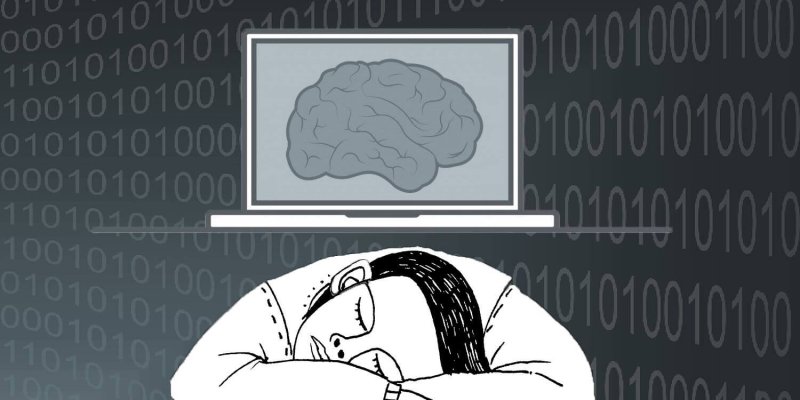What our brains do when our eyes are closed and our visual cortex isn’t processing the outside world may be just as important to our biological armor against attacks. Maksim Bazhenov, a computational neuroscientist at the University of California, San Diego, has spent more than two decades studying what happens in our brains while we sleep. Recently, his lab began investigating whether putting algorithms to sleep might fix a host of AI problems, including adversarial examples.
Their idea is simple. Sleep plays a critical role in memory consolidation, which is how our brains turn recent experiences into long-term memories. Researchers like Bazhenov think sleep might also contribute to building and storing our generalized knowledge about the things we encounter every day.
If that’s the case, then artificial neural networks that do something similar might also get better at storing generalized knowledge about their subject matter — and become less vulnerable to small additions of noise from adversarial examples.
“Sleep is a phase when the brain actually has time to kind of turn off external input and deal with its internal representations,” said Bazhenov. “And just like a biological system, [machines] may need some period of sleep.”































